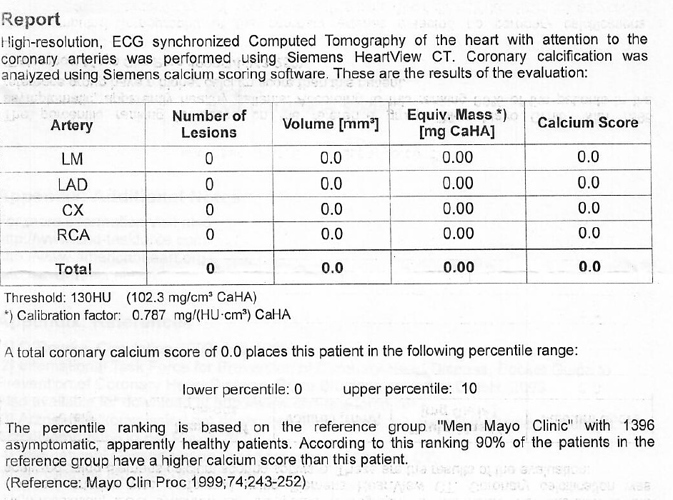I would like to understand potential long term effects on health of eating a keto diet.
Valter Longo explains often that epidemiological studies show that people eating more red meat die younger. And eating legumes and whole cereals increases lifespan.
But as a scientist, I know epidemiological studies are fraught with difficulties. First, the quality of the answers of people (people lie for many reasons, for example). Second, correlation does not imply causation (for example, maybe the reason is that when people eat red meat, they eat more sugar; or maybe they eat very low quality meat).
Also, I do not know if it is even possible to make long term comparisons, since I think it is unlikely many people in the planet have been eating keto for decades.
Since taking a long term diet is a crucial step in one’s life, one should know that this diet will not have deleterious effect on long term health.
So, my question is: are there any studies that could show if eating red meat, and/or legumes&cereals, are good/bad from the point of view of a keto diet, on the long term? For example, eating red meat, and stopping eating legumes&cereals, is it good/bad on the long term?




